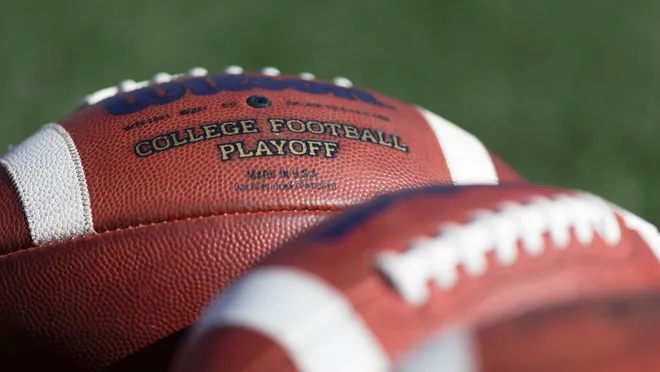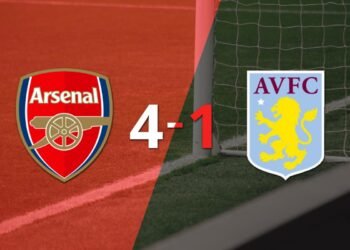The NCAA on Monday said it will ask the Supreme Court to take up a case in which a district judge and the 9th U.S. Circuit Court of Appeals have ruled that the NCAA cannot have association-wide limits on education-related benefits that college athletes can receive.
The NCAA, along with its 11 major-conference co-defendants, made the disclosure in a filing that asks the 9th Circuit to stay an injunction issued in March 2019 by U.S. District Judge Claudia Wilken. Wilken’s injunction is set to take effect soon after the 9th Circuit formally mandates that it go forward, a step that is scheduled Wednesday.
While Monday’s filing is not the NCAA’s formal petition to the high court — that will not be due until Oct. 15 — it provides the contours of the association’s arguments for why the justices should hear the case and overturn the decisions made so far. The NCAA contends that the 9th Circuit’s decision conflicts with decisions of the Supreme Court and other federal appellate courts and deals with “an important question of law.”
The case was brought on behalf of plaintiffs led by former West Virginia football player Shawne Alston. Among the items Wilken said those athletes may receive were scholarships to complete undergraduate or graduate degrees at any school. The judge also appeared to open the possibility of athletes being able to receive cash or cash-equivalent awards based on academics or graduation, albeit under some constraints.









